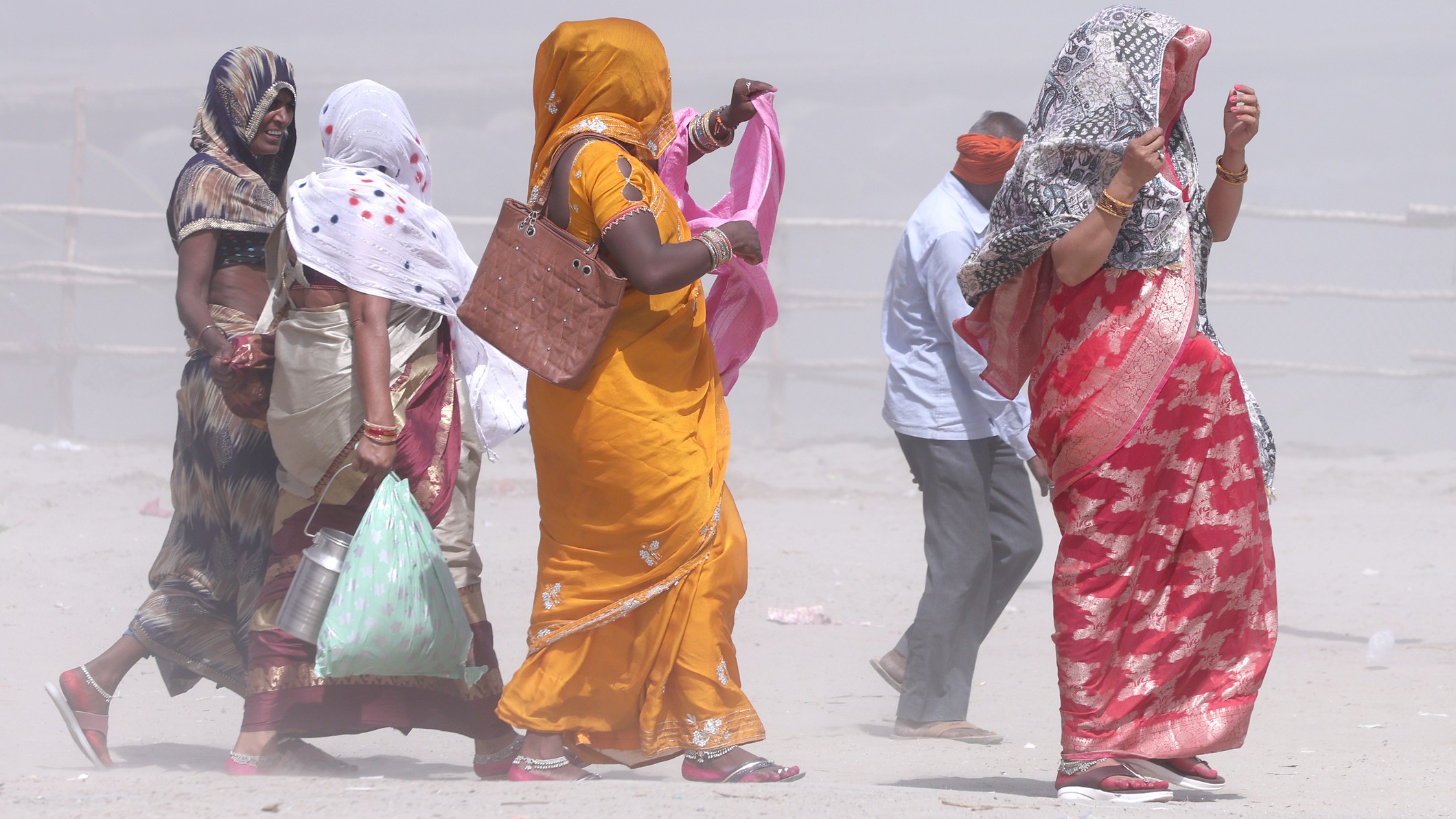Woman Post On Chennai Domestic Workers’ Ethic Triggers Heated Reactions
Woman Post On Chennai has become the centre of a growing conversation online after one user shared a personal account comparing her domestic help experience in Chennai with that of Delhi. The viral post, made on LinkedIn by a woman who recently moved from the South to the North, sparked both support and backlash as it touched on sensitive themes of class, regional mindset, and dignity of labour.
The post described the woman’s admiration for what she called the “sincerity and professionalism” of maids in Chennai. According to her, most of the domestic workers she employed during her four years in the city demonstrated strong time discipline, took minimal leave, and even held multiple jobs to support their families. She noted how some of them worked from early morning, cleaning several homes before taking up shifts at commercial establishments, and even took on tailoring or other part-time work during weekends.
She particularly highlighted one woman who, on the very first day, communicated her leave schedule clearly and even insisted on salary deductions if she took any extra leave. This, the poster felt, reflected a kind of accountability that she found inspiring.
Woman Post On Chennai Domestic Help vs Delhi Experience Stirs Public Opinion
After relocating to Delhi, however, the tone of her experience shifted. The woman post on Chennai highlighted her struggle to find consistent and reliable help in her new city. Within a year, she had to change maids multiple times due to frequent absenteeism, lack of communication, and what she described as “excuses” for not showing up. She mentioned that even polite suggestions regarding work expectations or salary adjustments led to conflicts.
Her reflections, however, did not stop there. The post went deeper into what she called a contrast in “mindset and ambition” between the two regions. In her view, many workers in Chennai, despite lacking access to education or English fluency, tried to grow, adapt, and build better futures. Meanwhile, she believed some in Delhi seemed more focused on surviving with the help of government subsidies and showed less drive for upward mobility.
The woman post on Chennai didn’t come without criticism. Several users took offense to her generalisations, pointing out that every individual has a unique story, and such sweeping comparisons only reinforce stereotypes. Critics also questioned the ethics of discussing domestic workers’ behaviours publicly, especially on professional platforms where the workers themselves have no voice or means to defend their dignity.
One commenter asked why any worker should be expected to accept leftover food, suggesting that what the author framed as “ego” might actually be a demand for self-respect. Others reminded her that many domestic workers across the country face exploitation, lack legal protections, and rarely receive social respect—regardless of region.
Woman Post On Chennai Reflects Deeper Divide in Social Expectations
However, some agreed with her views. A few responses echoed the sentiment that work culture and discipline in South Indian cities often feel more structured be it in corporate offices or homes. Some said that this difference is part of why many top corporate leaders hail from the southern part of India, where education, punctuality, and personal pride in work are deeply embedded in the culture.

What stands out in this woman post on Chennai is the broader debate it has opened up one that moves beyond household help and into the way Indian society views labour, ambition, entitlement, and dignity. While her post may have been intended as a personal reflection, its tone and generalisations touched on long-standing North-South stereotypes, fueling a discussion far bigger than the original topic. Also Read: Alarming Facts About Chennai Possible Flood Risk 2025 That Can’t Be Ignored
In many ways, the controversy points to India’s internal cultural differences, where expectations, support systems, and historical developments have led to diverse social outcomes. For instance, access to education, urban pressures, family responsibilities, and the role of state subsidies vary across regions and communities. These factors influence not just work ethic, but also how people view opportunities, rights, and limitations.
Conclusion:
While the woman post on Chennai stirred strong reactions, it also highlighted the need for deeper empathy and broader perspectives when discussing class and labour in public forums. Experiences may differ, but conversations around dignity, fairness, and respect must always remain inclusive.

